Your support helps us to tell the story
From reproductive rights to climate change to Big Tech, The Independent is on the ground when the story is developing. Whether it’s investigating the financials of Elon Musk’s pro-Trump PAC or producing our latest documentary, ‘The A Word’, which shines a light on the American women fighting for reproductive rights, we know how important it is to parse out the facts from the messaging.
At such a critical moment in US history, we need reporters on the ground. Your donation allows us to keep sending journalists to speak to both sides of the story.
The Independent is trusted by Americans across the entire political spectrum. And unlike many other quality news outlets, we choose not to lock Americans out of our reporting and analysis with paywalls. We believe quality journalism should be available to everyone, paid for by those who can afford it.
Your support makes all the difference.
In their haste to be seen as Donald Trump’s closest buddies, there is now a serious question mark over whether Sir Keir Starmer and his government should have shown more patience in getting a “great and beautiful” trade deal with the US.
The deal, which was symbolically the first post-“Liberation Day” agreement signed by President Trump with any country, was put in place to reduce the impact of the tariffs the US president had imposed.
But while Sir Keir and the rest of the world’s leaders were rapidly scrambling to respond, calmer, more measured voices in Washington were warning that the US president would never be able to go through with them.
Now, it seems they were right, with the US Court of International Trade ruling that Trump “exceeded his authority” when he imposed his sweeping levies on countries across the world and has blocked the move.
The UK’s ambassador in the US, Peter Mandelson, had been a strong advocate of getting a deal done with Trump quickly, and he probably saw the tariffs as an opportunity to accelerate the process. But had he listened to the wiser voices in DC more carefully, maybe Britain would not have been in such a hurry.
Never mind that Trump came within hours of having his own Liz Truss moment with a meltdown on the bond markets before Treasury Secretary Scott Bessent persuaded him to suspend the tariffs just in time. It is understood that this was only achieved because Bessent’s co-conspirator managed to distract Trump’s tariff guru Peter Navarro and keep him away from the president long enough.
The real issue, as pointed out by the Heritage Foundation’s trade expert Andrew Hale – an ally not opponent of the administration – was that Trump never had the monarchical powers to impose these tariffs without legislation from Congress. The US Constitution specifically prevents presidents from acting like tyrants on a whim.
Trump was relying on the Emergency Powers Act, which does not even mention the words “tariffs”. Added to that, it is hard to justify why Canadian maple syrup, Scotch whisky or foreign films should constitute a national emergency.
So the legal ruling yesterday – now subject to appeals – was inevitable and is likely to be upheld in higher courts, probably all the way to the Supreme Court.
What this means though is that the series of trade negotiations, including the one already signed by the US and UK, are in chaos. Do the terms Trump imposed still apply? It seems not.
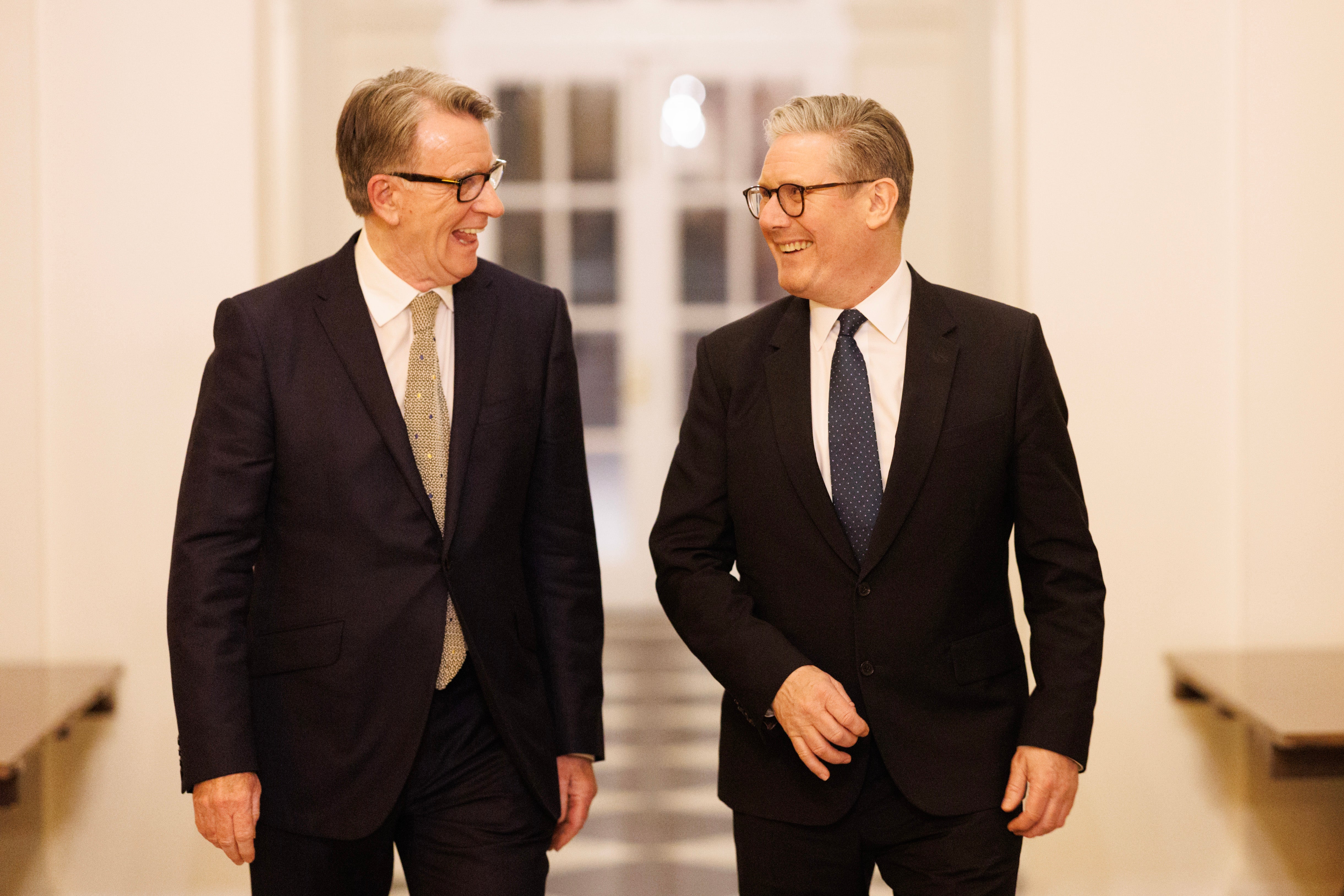
In the best-case scenario for Sir Keir, the UK now has better trading terms with the US, minus the 10 per cent tariffs. But it may be that they have to go back to the drawing table altogether.
Fortunately, in the deal’s small print was the means to continue talks to create a trade hub on future technologies, such as artificial intelligence and biotech which will shape the world’s future, as well as removing further tariffs and barriers.
But where current goods and services now stand is anyone’s guess. It may be that in signing up to tariffs, the UK has in some respects inadvertently put itself in a worse position than the countries which have not yet signed deals on whom most of the tariffs do not apply.
There was already a question mark over the UK-US trade deal in terms of when the new terms would apply. Contrary to expectation, the 25 per cent imposed on cars and steel (which crucially, are unaffected by the court ruling), supposedly lowered to 10 per cent in the deal, is still in place.
The car, steel and aluminium tariffs were,, in fairness to Starmer, the biggest driver in getting a deal done so quickly. But where are the tangible results?
The wider picture, though, is that the reckless shock tactics on the global trading system initiated by Trump have now only led to more uncertainty and confusion with this legal ruling.
Even though the markets reacted positively to the tariffs being ruled illegal, it could take months to resolve the chaos, putting the worldwide economy on a knife-edge.

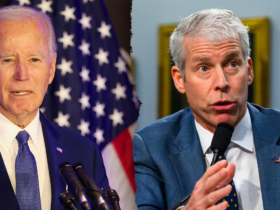


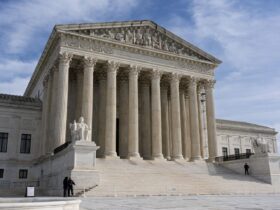

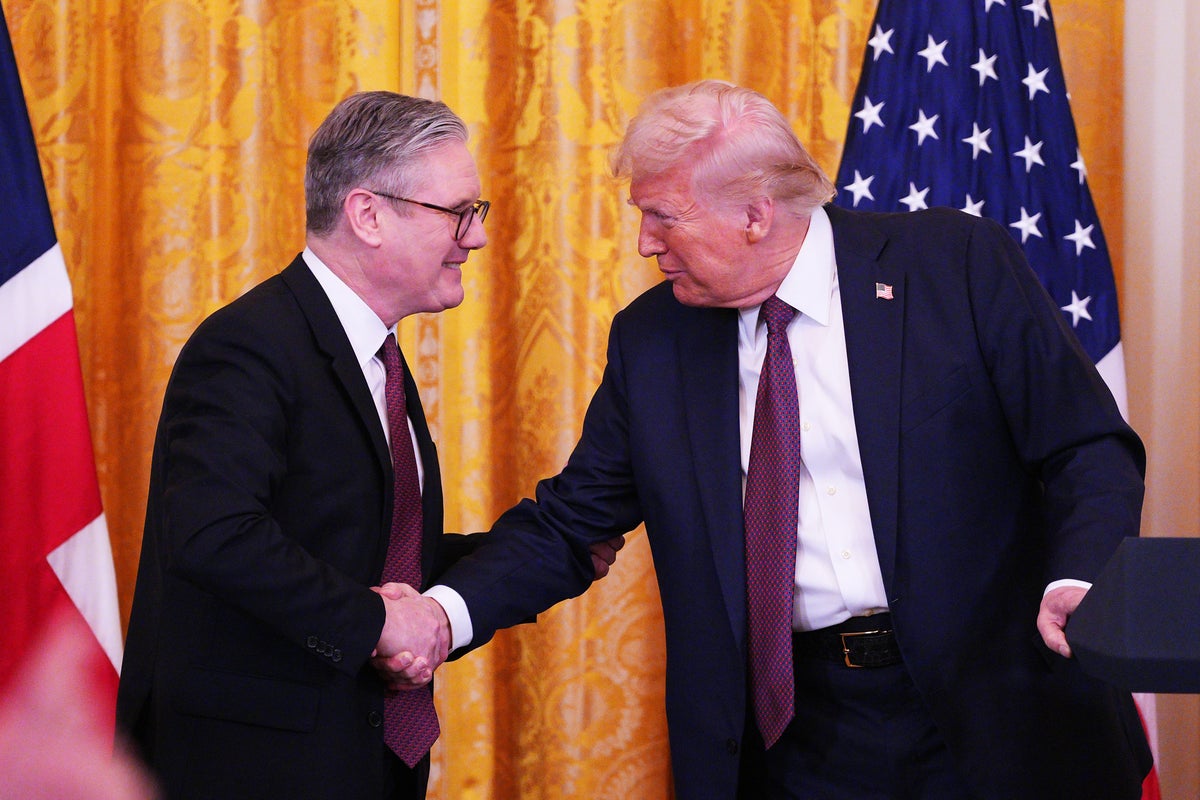







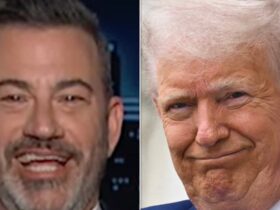
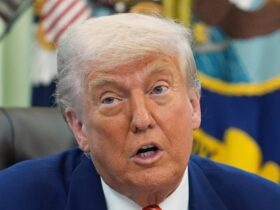
Leave a Reply